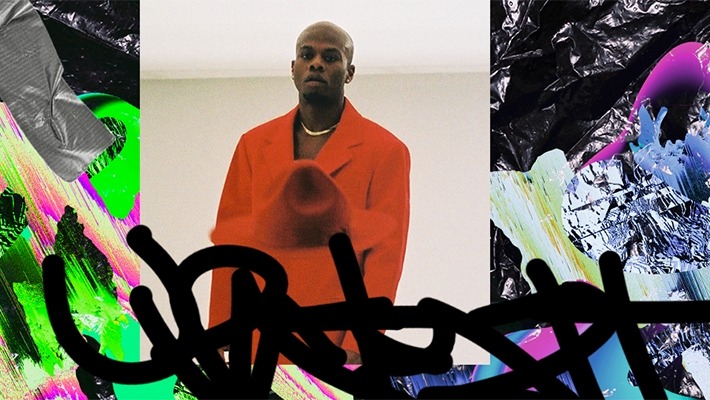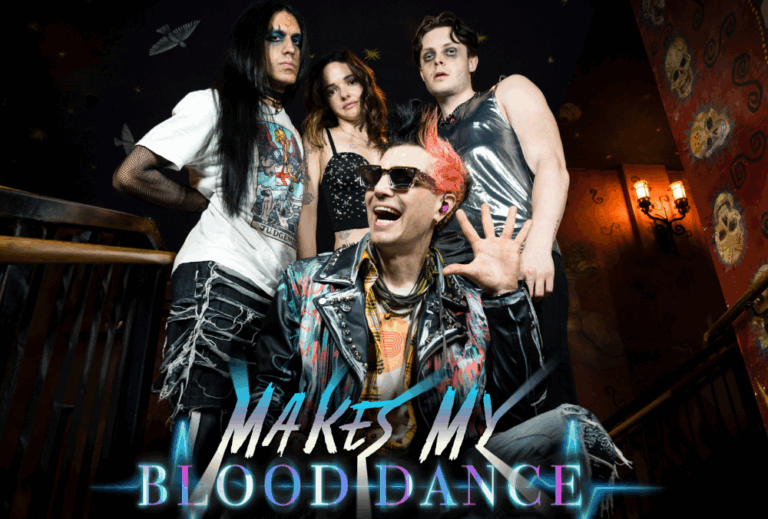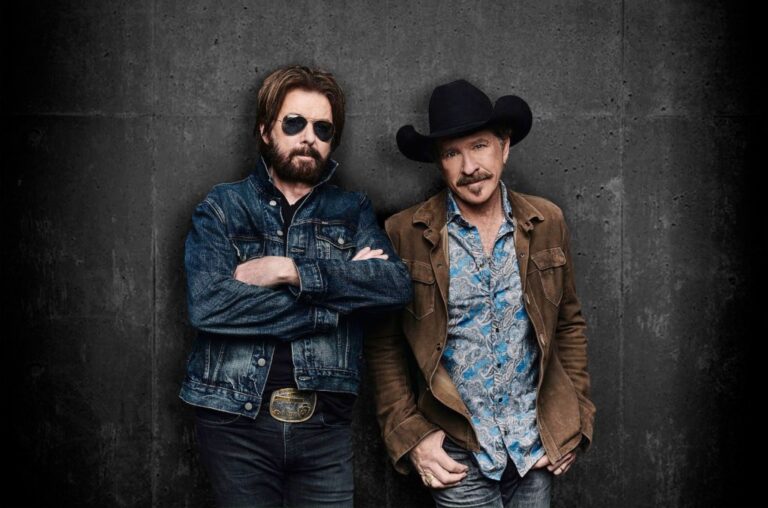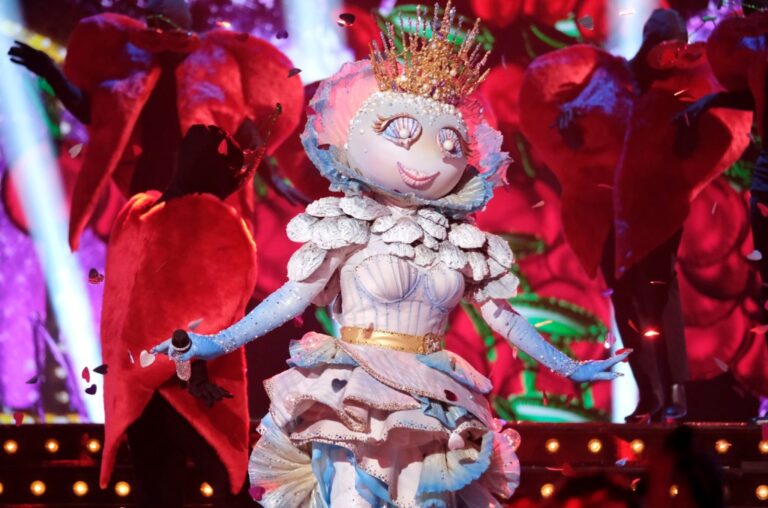It’s really rare that you meet a rapper’s mom before you meet the rapper himself. But that’s what happened for me with Tobi Lou, the effervescent Chicago rapper who is building an audience by being something like the antithesis of what rappers have always been. Okay, so technically, it was his girlfriend’s mom, but the point stands: The way I met Tobi is as counterintuitive as his approach to hip-hop – and if anything, his approach to music is even more successful.
To invest in Tobi Lou fanship is to embrace a thousand little quirky artifacts of the quasi fantasy world he’s building for himself. For instance, in 2018, Tobi was joined by St. Louis rapper Smino in his video for “Troop,” a dreamy ode to the cartoons of Tobi’s youth. The video features cameos from characters like the Rugrats and Kanye West’s Takashi Murakami-designed Dropout Bear mascot, spotlighting the colorful oeuvre he’s built over the past few years.
Tobi expanded that saturated fantasyland through singles such as the Adventure Time-inspired TikTok favorite “Buff Baby” and with projects like 2019’s Live On Ice. With each new release, a fervent fan base also grew around Tobi’s equally vibrant personality. Both kicked into overdrive with the recent release of his album Non-Perishable in March, which is part of a three-project suite that grew out of his original plan for a project called Parrish Blue. If his previous projects expanded the canon, Non-Perishable turned it on its head, drawing it into the realm of hyperreal live-action marked by the same cartoonish zany energy.
It also stretched the boundaries of his content, allowing him to delve more into the inner workings of his mind beyond candy-coated hooks and saccharine sing-alongs. “I think Live On Ice was a big show and tell,” he says via a mid-afternoon Zoom call to discuss Non-Perishable and its upcoming related projects. “Parrish Blue is an overwhelming defiant sadness like a really gigantic whole. It’s a lot of devastation and it’s just a lot of emotions and it’s really heavy. And then making Parrish Blue, I realized through the help of my sister that I need to just stop trying to fit all my toys into one box. And then I separated them for the first time. And now I had like three boxes of 10 to 12 tracks.”
Those three boxes are Non-Perishable, April Showers, which is set to release later this week, and Parrish Blue, each describing a different stage of the process of rebuilding and healing from the soul-shattering wounds of the past few years. “The second project, that’s just chaos at its height,” he explains. “That’s the heat of the battle. And then Parrish Blue is like the aftereffect of the battle, just the feeling of sorrow, the feeling of loss and just dealing with that. And the piece of it, knowing this is who I am and not being afraid to be that. And I think Non-Perishable just offered me the chance to get energy off and break out of this sad box that I kind of put myself into while making Parrish Blue.”
In true Tobi Lou fashion, his route into making music professionally was also roundabout and unconventional. Born in Nigeria and raised in Chicago, he originally pursued a career in baseball, even making it to the minor leagues before suffering a career-ending injury. From then on, he focused everything on making and releasing music independently – an arrangement that takes the same sort of commitment, energy, time, and money, but is every bit as rewarding.
Being independent affords him a level of control and freedom that is often out of reach for his contemporaries on major labels. For one thing, he’s shot 11 videos for Non-Perishable and released eight so far, all with the assistance of his longtime collaborator Glassface, who has been a critical component of the Tobi Lou experience so far. If Tobi’s striking visual presentation is the hook, Glassface is probably as integral to his success as anyone, designing Tobi’s cover art and shooting his videos, as well as contributing musically behind the scenes.
“There is beauty in independence,” Tobi says of his situation. “There’s definitely more for freedom, but at the end of the day, it’s a business. Everything’s a business. Whether you’re independent, or you’re with a major label, everything’s a business. You just get more authority over your art, as an independent…. I don’t really feel like anyone’s holding me back. If I’m not dropping, it’s because I don’t want to drop.”
Of course, competing in such a crowded marketplace without the assistance of a massive corporate machine means risking getting overshadowed and lost in the near-constant rush of new music. Fortunately for him, his natural personality and sense of humor provide the best tools to solve this potential problem. Days after the release of Non-Perishable, he joked that he would remove the album from DSPs after a week and that listeners should download it to ensure they wouldn’t lose access. Fans took that as a challenge, running up the album’s sales until it reached Apple Music’s number-one spot.
“I didn’t mean to hold the album hostage,” he laughs. “I think I woke up the day after it dropped and I was like, ‘You know what? I’m going to say they got seven days.’ Because first-week [sales] matters so much to us, for artists – that’s what we’re judged by. I’m always trolling. And I didn’t really think much of it past that, until the day it started unfolding, and people were getting worried like, ‘Wait, is he serious?’ And I was just like, ‘Wait a minute. I’m actually causing a little disturbance here. People are getting worried.’ And what if things operated like that? We got to see the power of this fan base, and I think we could do some really crazy things down the line.”
For now, he hopes he doesn’t need to hold his albums hostage in the future, but he sees the value in seeking new outlets and avenues and approaches to promoting his art. For instance, outside of music, he’s spent the past year designing his own sneakers and is already working on a second pair. He’s excited to launch them because of all the artists who sell various merch like hoodies, shirts, bags, and so on, he may very well be the first to put out his own shoes independently.
Which sums up his whole approach, really. “I like the fact that people are starting to think in that language,” he says. “It’s really cool to start thinking, yo don’t wait for Nike, you are Nike. We can be Adidas. We can be all these things, and we can just start somewhere. So it’s been cool to see.” The only limit is imagination, and as Tobi’s work so far has shown, his imagination is limitless.




